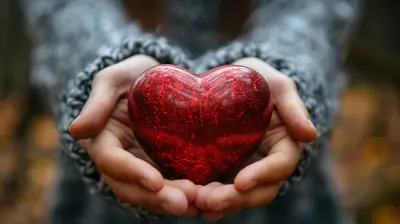Understanding the Link Between Loneliness and Depression
11 November 2025
Have you ever found yourself staring at the ceiling at 3 AM, wondering why your cat is ignoring you? Or maybe scrolling through your phone, hoping for a notification that never comes? Yeah, we've all been there. Loneliness isn't just that awkward moment when you laugh at your own joke in an empty room—it can have serious effects on your mental health, including leading straight into the gloomy arms of depression.
But what’s the deal with loneliness and depression? How are they connected, and more importantly, how can we kick them both to the curb? Buckle up, dear reader, because we’re about to dive into this topic with a spoonful of humor, a pinch of science, and a whole lot of real talk.
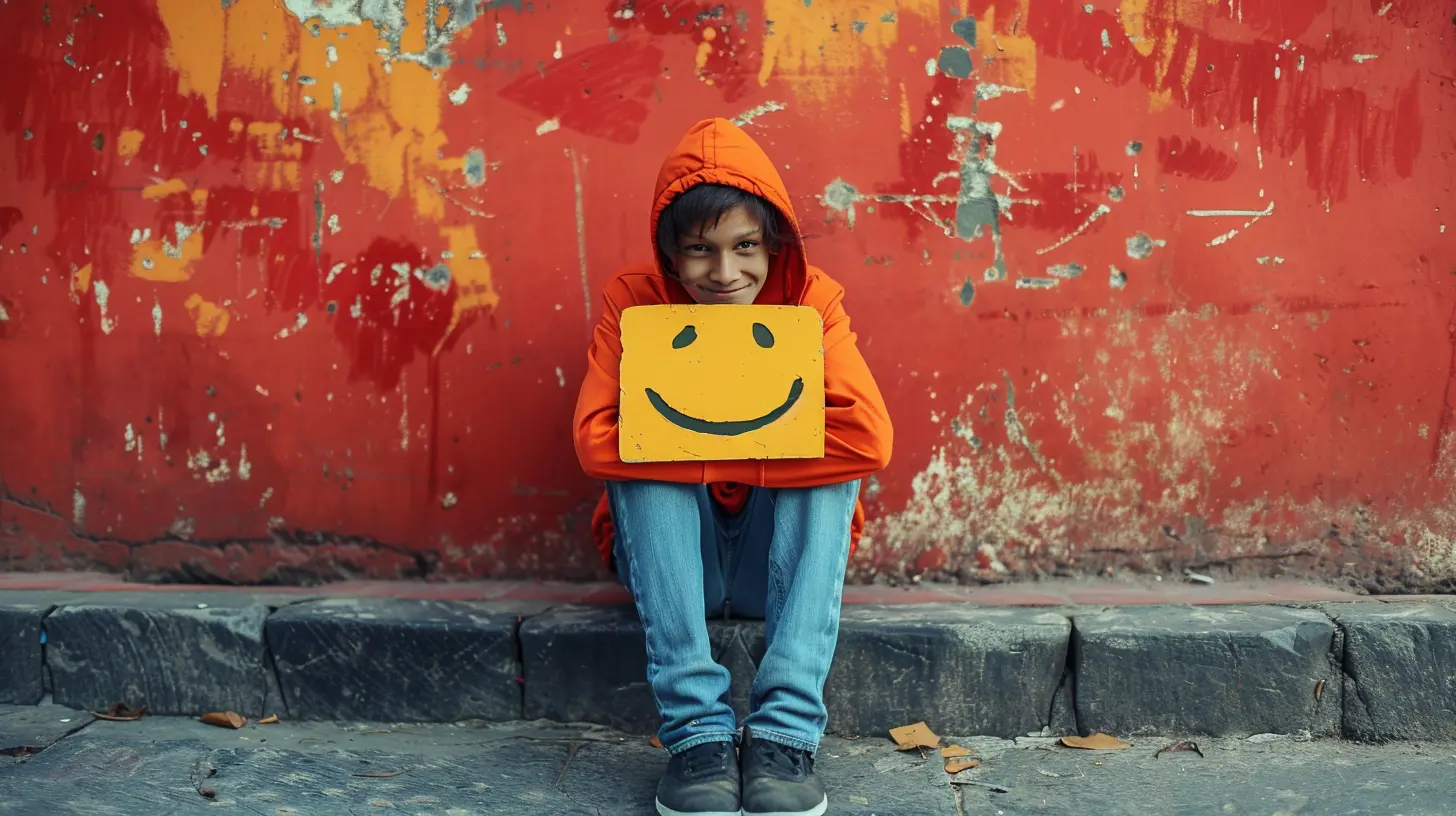
What Exactly Is Loneliness?
First off, let’s clear something up: Loneliness is not just about being alone. You could be surrounded by people and still feel lonelier than a sock without its pair.Loneliness is that deep, nagging feeling of being disconnected. It’s when you feel like no one truly gets you, like you’re an alien who crash-landed on Earth with no one to call home. And contrary to popular belief, loneliness isn’t just a problem for introverts or people living in a remote cabin in the woods—anyone can experience it.
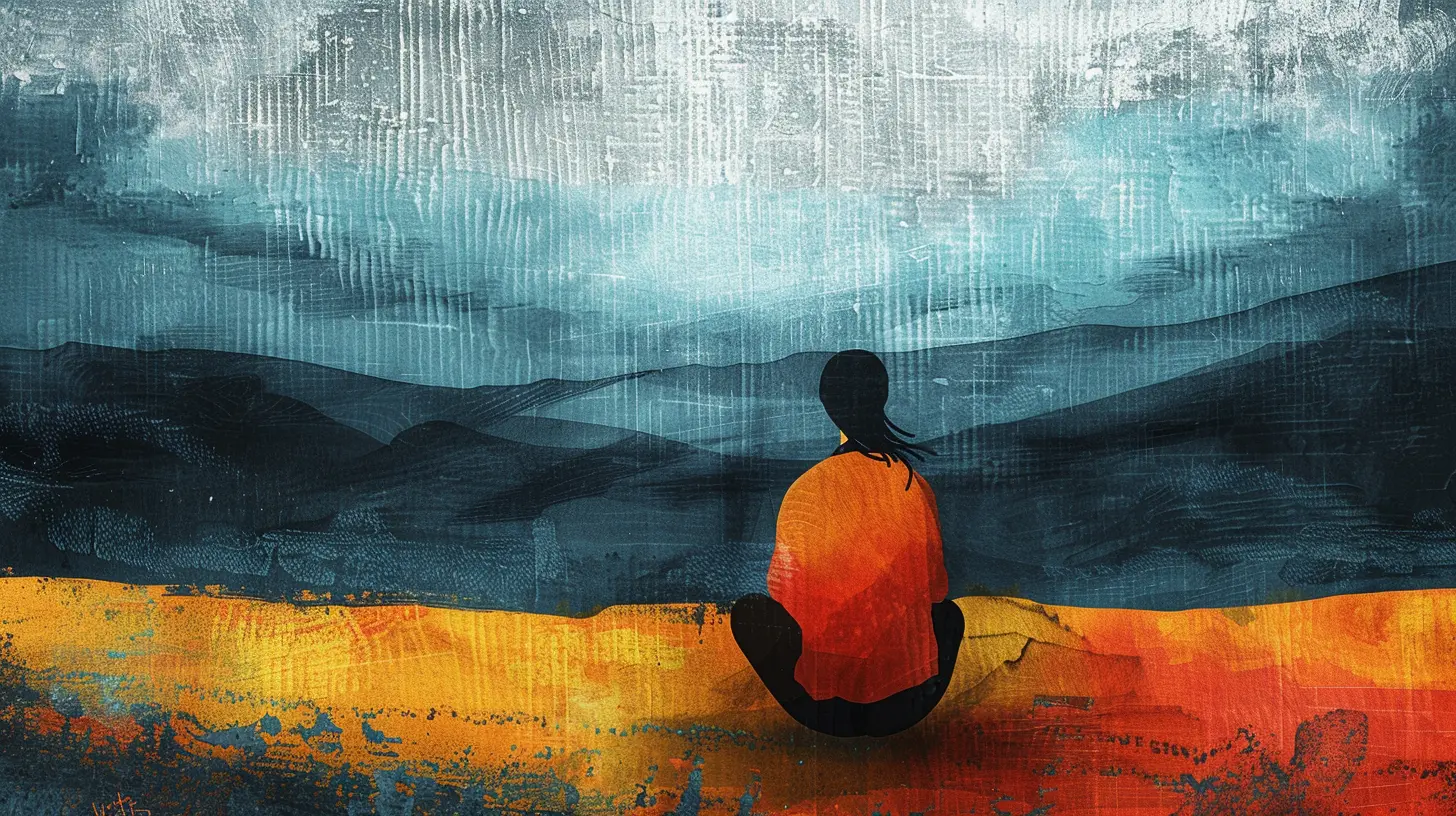
Depression: More Than Just Feeling Sad
Now, let’s talk about depression. Depression isn’t just a bad mood that you can shake off with a good nap or a tub of ice cream (though ice cream does help… temporarily). It’s a persistent feeling of sadness, hopelessness, and emptiness that can last for weeks, months, or even years.People with depression often struggle with low energy, loss of interest in things they once loved, trouble sleeping, changes in appetite, and an overwhelming sense that everything is harder than it should be. It’s like carrying around a backpack full of rocks—except you’re not sure why you’re carrying them or how to put them down.
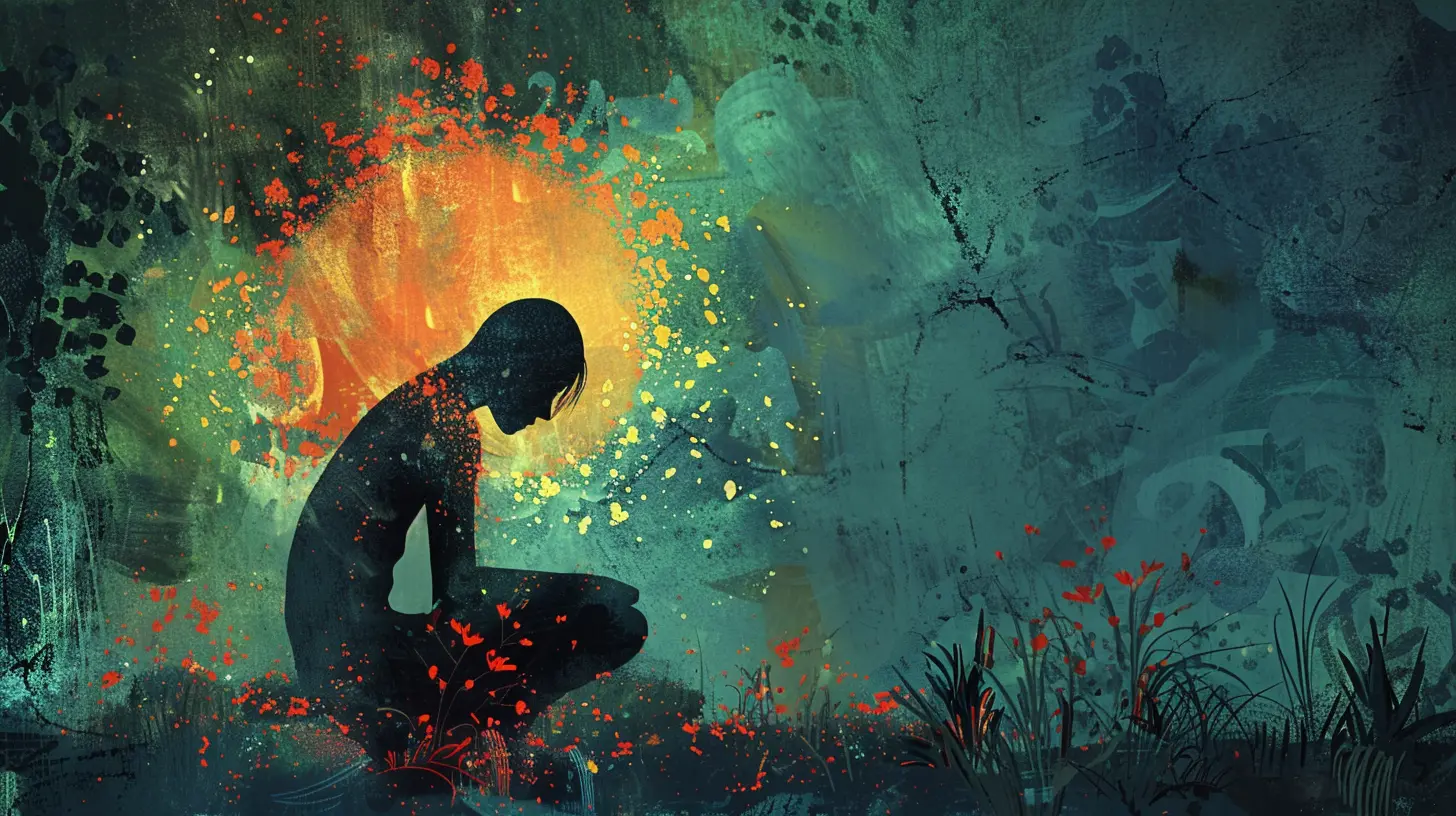
The Connection Between Loneliness and Depression
1. Loneliness Feeds Depression (Like Junk Food for Sadness)
Imagine loneliness as a sneaky little gremlin. It whispers, “No one cares about you,” and before you know it, you start believing it. That isolation and lack of connection can make you feel hopeless, which is a direct highway to depression.When you’re lonely, you’re more likely to ruminate on negative thoughts. The more time you spend in your own head, the easier it is to convince yourself that things will never get better. And boom—suddenly you’re in a dark mental space, binge-watching sad movies, and questioning life choices.
2. Depression Makes You Withdraw (And Then Feeds More Loneliness)
Here’s the vicious cycle: Loneliness can lead to depression, but depression also causes loneliness.When you’re feeling depressed, you probably don’t feel like talking to anyone. Socializing feels exhausting. Answering a simple “How are you?” text feels like climbing Mount Everest. So, you isolate yourself even more, which only makes the loneliness worse. It’s like trying to put out a fire by throwing gasoline on it—counterproductive and, let’s be honest, a little tragic.
3. The Brain Chemistry Link
Science time! (Don’t worry, I promise to keep it fun.)Your brain is basically a big ol’ chemistry lab, and loneliness can mess with the chemicals that keep you happy. Social connection boosts oxytocin and serotonin—those feel-good neurotransmitters that help regulate mood.
But when you’re lonely, your brain starts producing more cortisol (a.k.a. the stress hormone). Too much cortisol leads to anxiety, sleep problems, and—you guessed it—depression. So, it’s not just “all in your head” in a metaphorical sense; it’s literally happening in your brain.
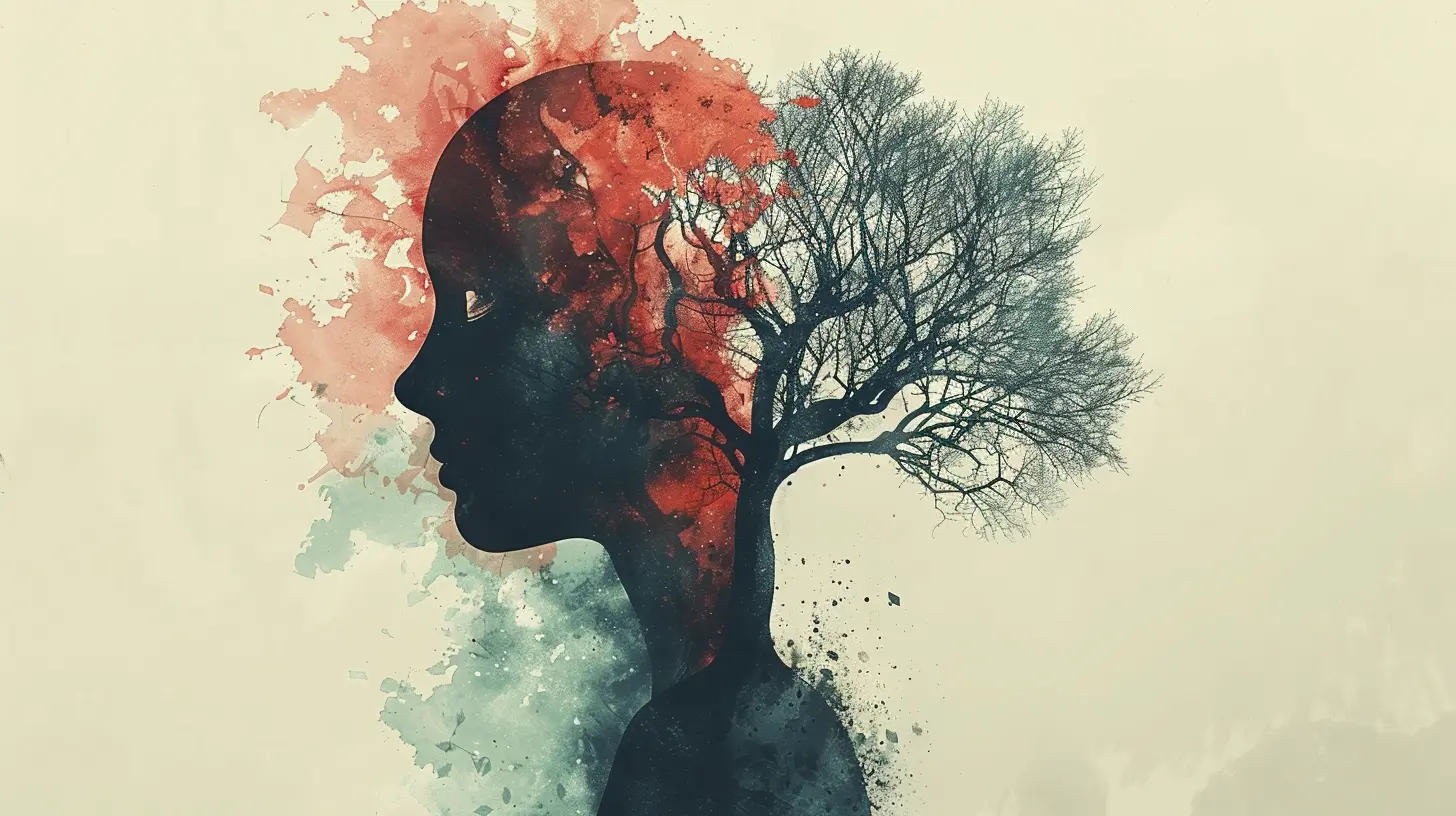
How to Break the Loneliness-Depression Cycle
Alright, enough with the doom and gloom! The good news is, there are ways to fight back against loneliness and depression. Here are some simple (but effective) ways to start feeling better:1. Reach Out, Even When You Don’t Feel Like It
I know, I know—talking to people feels like the last thing you want to do when you’re down. But even small interactions can help. Send a text, join an online forum, or say hi to your neighbor (yes, even the one with weird lawn ornaments).2. Get Outside and Move
Exercise is like a natural antidepressant. Even a short walk in the sun can work wonders for your mood. Plus, exposure to sunlight helps boost vitamin D, which is linked to better mental health.3. Cut Back on Social Media (Seriously, Just Try It)
Scrolling through Instagram and seeing everyone’s "perfect" lives can make loneliness worse. Remember, social media is basically a highlight reel—no one’s posting pictures of their mental breakdown at 2 AM. Take a break and focus on real-life connections instead.4. Find a Hobby That Sparks Joy
Whether it’s painting, playing an instrument, or even attempting to bake without setting off the smoke alarm, doing something creative can help distract you from negative thoughts. Plus, hobbies often connect you with like-minded people.5. Talk to Someone Who Gets It
Therapists exist for a reason! Talking to a professional can help you navigate the tangled mess of emotions that loneliness and depression bring. No, therapy isn’t just for "other" people—it’s for anyone who needs support (which includes you).6. Adopt a Pet (or Befriend Someone Else’s Pet)
Pets are basically furry antidepressants. They offer unconditional love, force you to get out of bed, and never judge you for eating an entire pizza in one sitting. If you can’t get a pet, volunteer at a shelter or hang out with a friend’s dog.7. Practice Gratitude (Even If It Feels Silly)
It might sound cheesy, but writing down a few things you’re grateful for each day can shift your focus from what you’re missing to what you actually have. Even if the only thing you can think of is “coffee exists,” that’s a great start.The Takeaway: You’re Not Alone in Feeling Lonely
Loneliness and depression may be linked, but that doesn’t mean they have to run your life. The first step is recognizing the problem, and the second step is taking action—even if it’s a tiny one.Reach out, be kind to yourself, and remember: You are not the only one feeling this way. And if your cat is ignoring you? Well, that’s just a cat being a cat.
all images in this post were generated using AI tools
Category:
Mental HealthAuthor:

Laurie Barlow
Discussion
rate this article
1 comments
Cooper Walker
This article highlights the significant connection between loneliness and depression. Understanding this link is crucial for mental health, as addressing feelings of isolation can lead to improved well-being and resilience. Valuable insights!
November 22, 2025 at 3:40 AM

Laurie Barlow
Thank you for your insightful comment! I'm glad you found the article valuable in highlighting the importance of addressing loneliness for better mental health.
